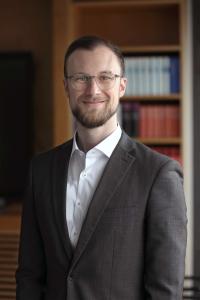The Gulf Monarchies, including Saudi Arabia, the UAE, Qatar, and Kuwait, have emerged as significant players in humanitarian assistance and development cooperation, driven by their strategic interests. They employ grants, loans, and budget support to wield influence across regions like the Middle East, North Africa, Sub-Saharan Africa, and South Asia, often extending support to governments loyal to them. Their involvement in development cooperation dates back to the 1960s and 1970s, resulting in well-established networks and expertise.
In recent years, these Gulf states have sought to bolster their international standing and credibility by aligning with the Sustainable Development Goals (SDGs) and enhancing transparency in their official development assistance (ODA). They have also shifted their focus towards economic development, job creation, and resilience, particularly in response to the Arab Spring and the challenges posed by the COVID-19 pandemic.
However, despite their transparency efforts, their aid policies remain politically sensitive, serving as instruments for national security and foreign policy objectives. There has been a transition from purely providing financial aid to offering more technical, long-term development assistance, which includes sectors such as education, vocational training, and capacity development.
Considering the evolving global power dynamics and changing alliances, closer collaboration in development assistance could serve as a bridge during times of political tension. This is especially relevant as Saudi Arabia and the UAE deepen their ties with Russia and China, potentially straining traditional Western partnerships. Germany and Europe should contemplate deeper engagement with Gulf Arab donors to address pressing global challenges like COVID-19, migration, climate change, and sustainable employment. Such cooperation, including trilateral and multilateral efforts, could aid in rebuilding trust and credibility in diplomatic relations. Nonetheless, Germany's influence in the Gulf remains comparatively limited, necessitating increased engagement to bolster political dialogue and cooperation.



